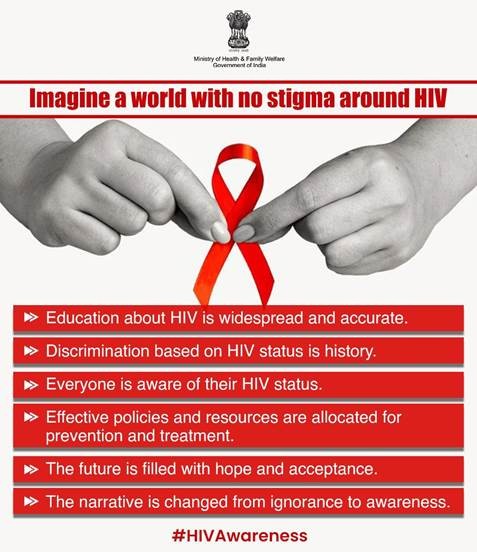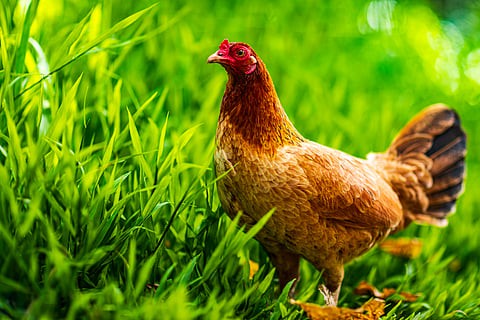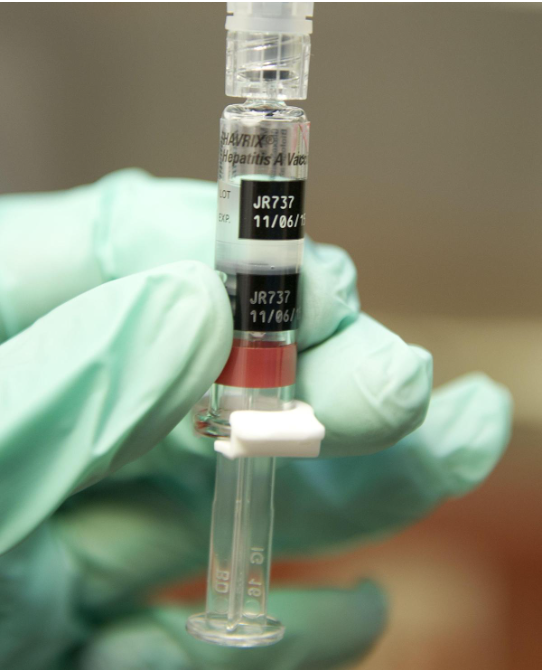Description
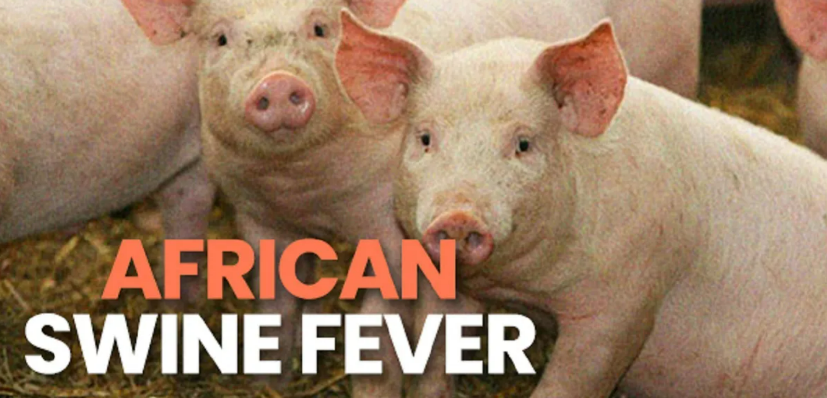
Disclaimer: Copyright infringement not intended.
Context
- Culling of pigs at a local farm in Kanichar panchayat in Kannur district is progressing in the wake of recent detection of African Swine fever.
What is African swine fever?
- African swine fever (ASF) is a highly contagious haemorrhagic viral diseaseof domestic and wild pigs, which is responsible for serious economic and production losses.
- It is caused by a large DNA virus of the Asfarviridae family, which also infects ticks of the genus Ornithodoros.
- Although signs of ASF and classical swine fever (CSF) may be similar, the ASF virus is unrelated to the CSF virus.
- ASF is a disease listed in the World Organisation for Animal Health (OIE) Terrestrial Animal Health Code and must be reported to the OIE.
Transmission and spread
Routes of transmission can include:
- direct contact with infected domestic or wild pigs
- indirect contact, through ingestion of contaminated material(e.g. food waste, feed, or garbage)
- contaminated fomites, or biological vectors (soft ticks of the genus Ornithodoros) where present.

Public health risk
- ASF is not a risk to human health.
Clinical signs
- Acute forms of ASF are characterised by high fever, depression, anorexia and loss of appetite, haemorrhages in the skin(redness of skin on ears, abdomen and legs), abortion in pregnant sows, cyanosis, vomiting, diarrhoea and death within 6-13 days (or up to 20 days).
- Mortality rates may be as high as 100%.
Prevention and control
- Currently there is no approved vaccine for ASF.
- Prevention in countries free of the disease depends on implementation of appropriate import policies and biosecurity measures, ensuring that neither infected live pigs nor pork products are introduced into areas free of ASF.
- This includes ensuring proper disposal of waste food from aircraft, ships or vehicles coming from affected countries and policing illegal imports of live pigs and pork products from affected countries.
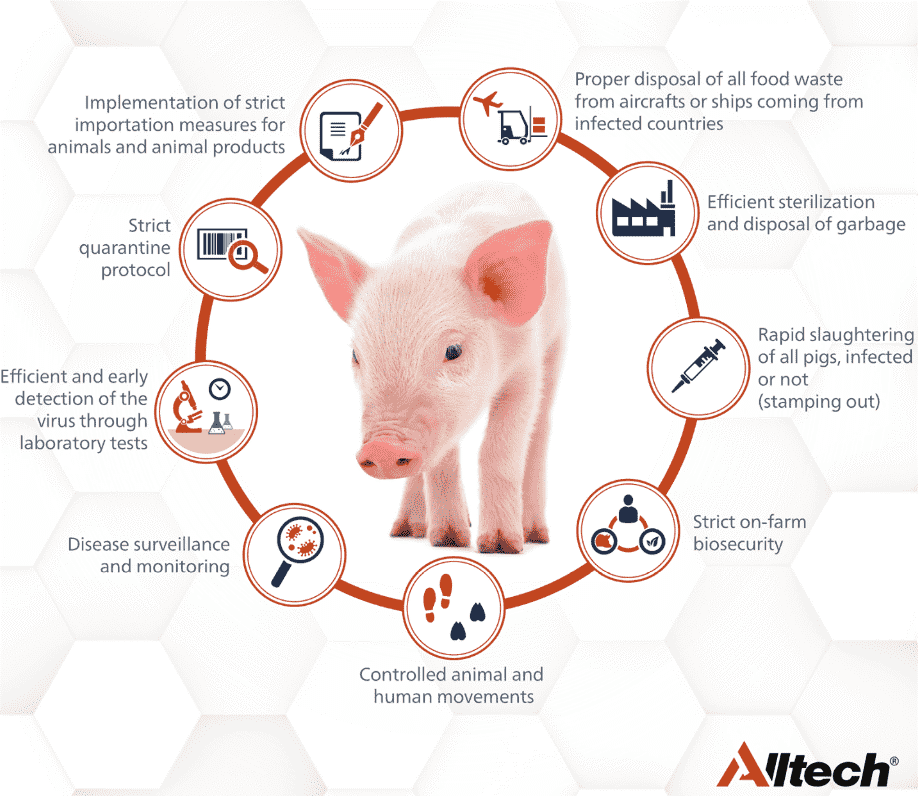
https://www.pib.gov.in/PressReleasePage.aspx?PRID=1847361
1.png)








